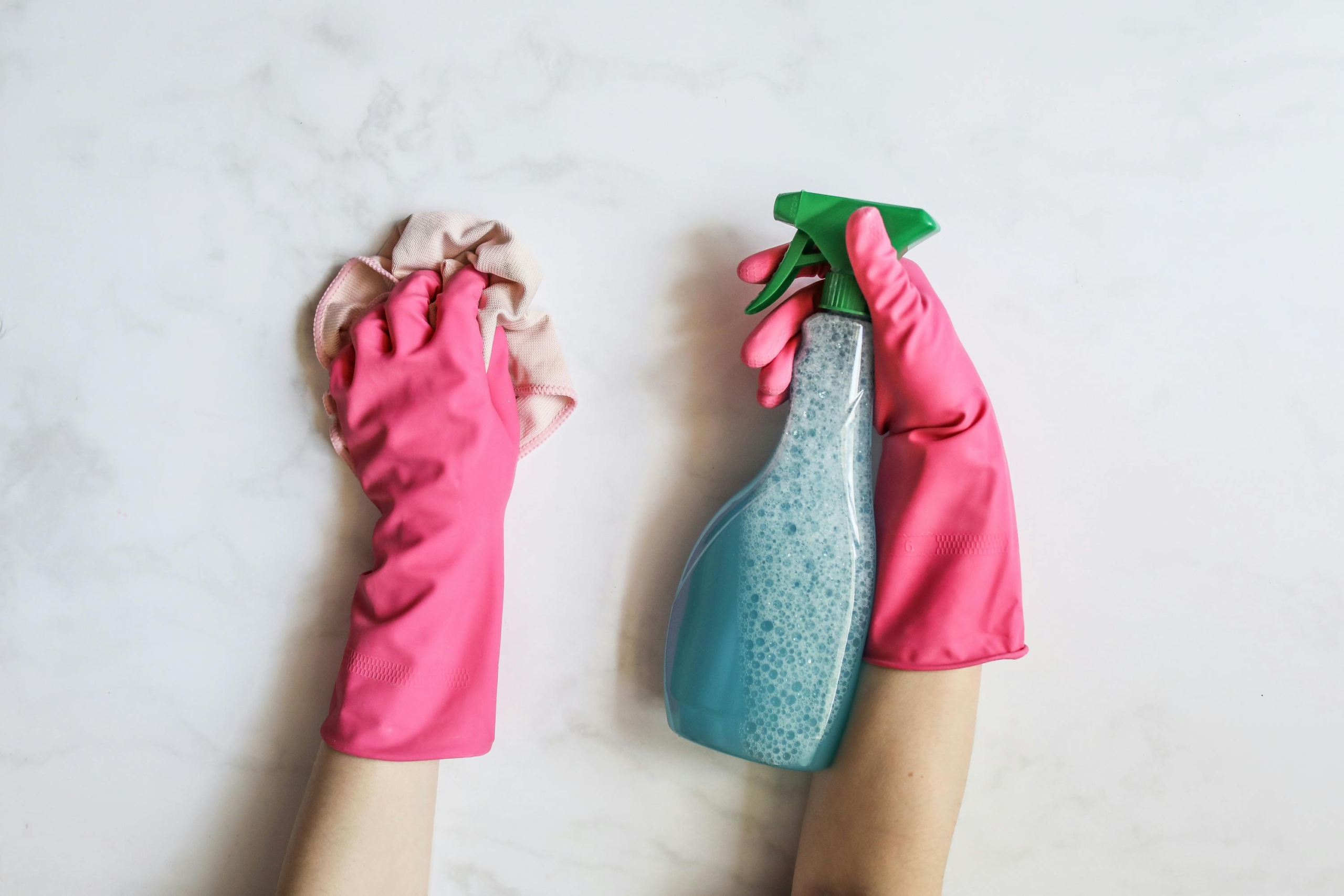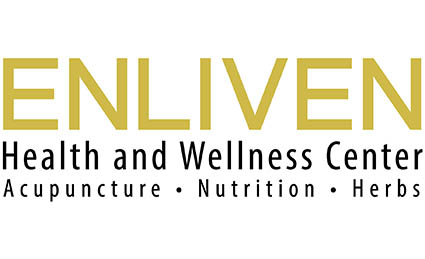Can Staying NEAT Help You Loose a Few Extra Pounds?
Studies show a Big YES!

While keeping neat around your home might burn off a few extra calories, doing NEAT or Non Exercise Activity Thermogenesis can help folks burn of a significant amount of calories per day. Studies show that up to 2000 more calories per day. Not into calorie restrictive diets or intense exercise? No problem, there is another powerful tool in your weight lose arsenal that you can do in your own home, at your desk or while binging on the latest Netflix series. Let’s explore exactly what is NEAT and how to use it as a tool for better health.
What is NEAT?
NEAT refers to the energy expended for everything we do that is not related to sleeping, eating, or exercise. It includes things like:
Walking around the house
Fidgeting
Standing instead of sitting
Cleaning or doing household chores
Taking the stairs instead of the elevator
Gardening or cooking
Essentially, NEAT covers any movement that isn’t formal exercise, but it still burns calories throughout the day.
How NEAT Affects Weight Loss
The calories burned through NEAT can be surprisingly significant. In fact, studies have shown that NEAT can account for a substantial portion of your total daily energy expenditure (TDEE). Depending on your activity levels, NEAT can burn anywhere from 200 to 2,000 calories per day. That’s a big range, and it means that even small increases in your daily movement can have a meaningful impact on your weight loss efforts.
For example, someone who has a sedentary lifestyle might burn fewer calories through NEAT than someone who is constantly moving around throughout the day even as they both workout at the gym in a similar fashion. The key is to find ways to incorporate more movement into your routine, and this doesn’t necessarily mean committing to an hour at the gym.
NEAT vs. Exercise: Why It Matters
You may be wondering, “How is NEAT different from regular exercise?” Great question! Exercise involves planned, structured physical activity like running, weight lifting, or yoga, which is definitely important for improving fitness and burning calories.
However, NEAT is an everyday activity that happens regardless of your workout routine, and it can make a significant difference when it comes to weight loss. People with a higher level of NEAT tend to have an easier time maintaining or losing weight, even if they don’t engage in intense exercise sessions. This is because NEAT helps maintain a consistent level of calorie burn throughout the day, even when you’re not “working out.”
How to Boost Your NEAT for Weight Loss
The best part about NEAT is that it’s something you can easily incorporate into your day-to-day life. Here are some simple ways to increase your NEAT and start burning more calories without even realizing it:
1. Take More Steps. One of the easiest ways to boost NEAT is by walking more. Aim for a minimum of 7,000- 10,000 steps a day by:
Taking the stairs instead of the elevator
Walking around the block after meals
Parking further away from entrances
Taking walking breaks during your workday
2. Stand More
If you’re working from a desk all day, try standing while you work or investing in a standing desk. Standing burns more calories than sitting, so simply swapping your seated position for standing more often can make a difference.
3. Fidget and Move While Sitting
It might sound simple, but little movements like tapping your feet, bouncing your legs, or adjusting your position can increase calorie burn. These small movements can add up throughout the day.
4. Do Housework or Yard Work
Cleaning, vacuuming, mowing the lawn, and gardening all count as NEAT. Not only will your house or garden look better, but you’ll also burn extra calories while you do it.
5. Stretch and Move Regularly
If you have a sedentary job, set reminders to get up and stretch or walk around every 30 minutes. Even a quick five-minute walk around the office or house will contribute to your daily NEAT.
6. Play with Your Pets or Kids
Engaging in playful activities like walking the dog or playing with your kids involves movement that adds to your NEAT.
7. Take Frequent Walks
Rather than spending your lunch break sitting down, try taking a short walk outside. Not only will it help you get more steps in, but it can also give your mind a break and boost productivity.
Why NEAT Matters for Sustainable Weight Loss

Moreover, boosting NEAT can help you avoid the pitfalls of extreme calorie restriction or over-exercising, both of which can lead to burnout or muscle loss. Incorporating more movement into your life, in a way that feels natural and doable, is a healthier and more balanced approach to weight loss.
Final Thoughts
If you’re looking to lose weight but don’t have the time or energy for lengthy exercise sessions, NEAT is a game-changer. It’s a simple, effective way to increase your calorie burn without adding stress to your routine. Whether you’re working, running errands, or relaxing at home, small movements add up and can lead to noticeable results over time.
Remember, weight loss isn’t just about what you eat or how long you work out. The way you move throughout the day matters too. By making small adjustments to increase your NEAT, you’ll set yourself up for success in achieving and maintaining a healthy weight.
So, get moving, fidget, stand, walk, and incorporate NEAT into your daily routine. You’ll be amazed at how much of a difference it can make!
Interested in learning more about how to be the best you? Book a free in person 15 minute consultation here: https://enliven.simplybook.me/v2/#book
Bethany Richardson is a licensed acupuncturist and Chinese herbal medicine practitioner. She has a clinical practice in Hudson, NY. She has a love of functional medicine and how daily life practices can lead to better health and happier lives.

